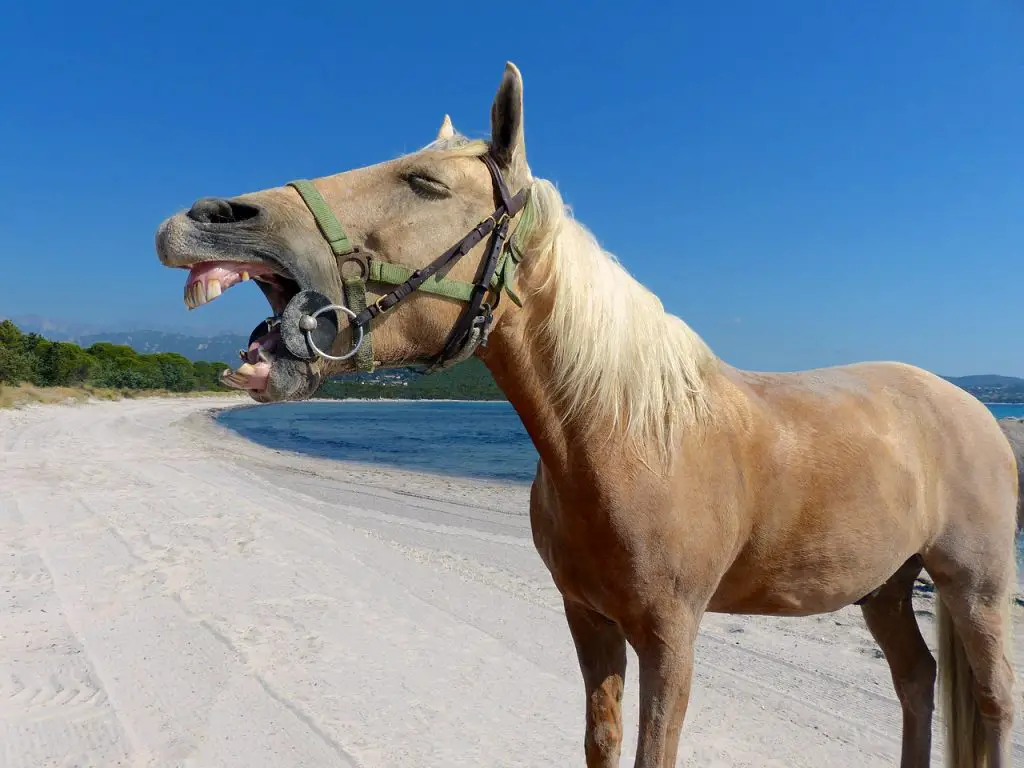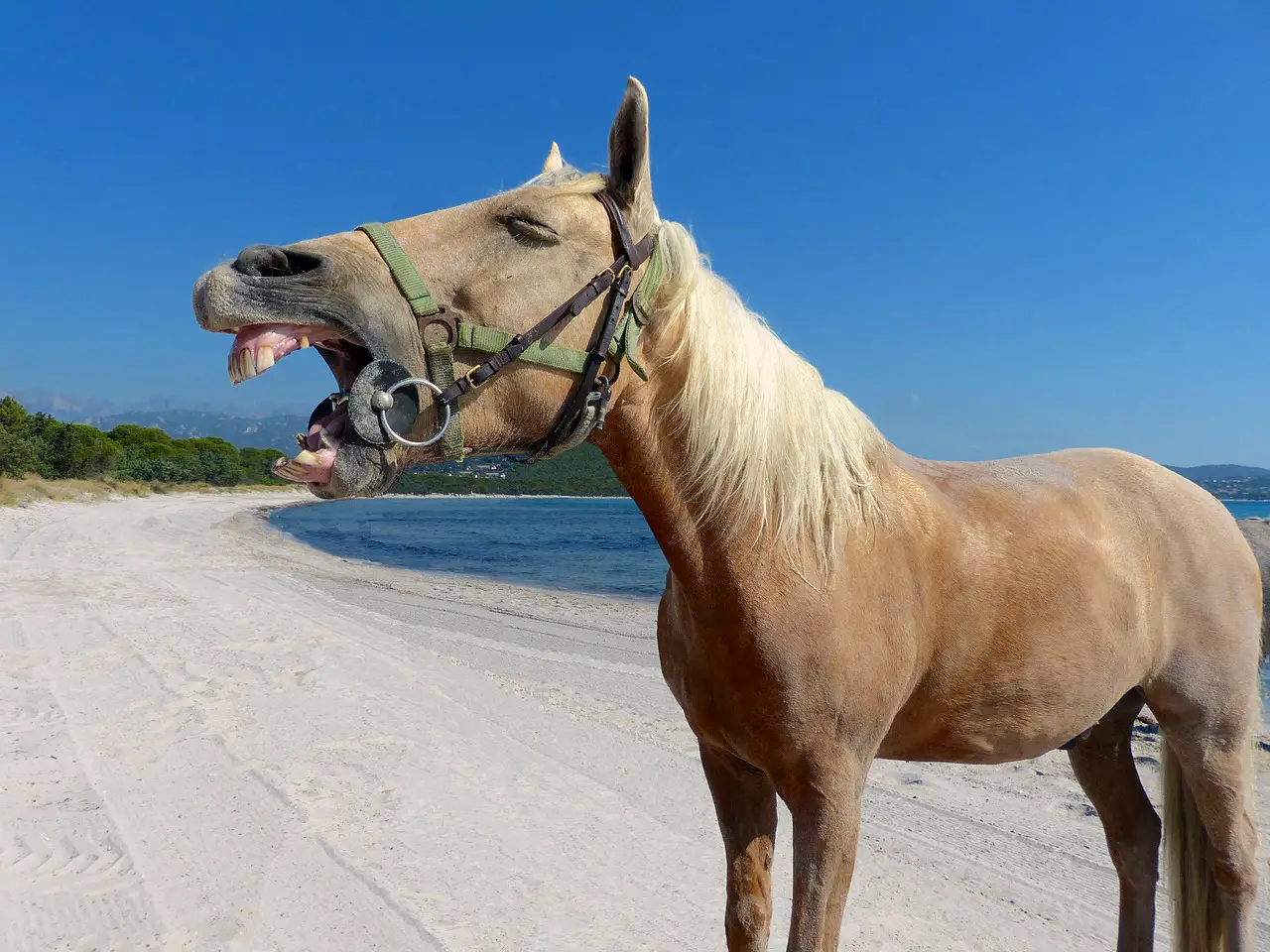Last Updated on February 21, 2022 by Allison Price
Have you ever wondered what your horse is telling you? Complex language is a hallmark of horses. Many equestrians have made it their life’s work to understand the language and behavior of horses, both vocal and physical. Horses can’t communicate with you in your language but humans and horses have amazing ways to communicate with each other. Horses communicate with each other through sounds. They vocalize their emotions.
Horses, like all animals, make different sounds to express their emotions. They communicate with humans using different vocal sounds. You are likely to be familiar with the friendly nicker, which tells you your horse is happy to see you. You may also know the whinny sound that tells you your horse is happy to see you.
But how well do you understand the subtle sounds horses make when communicating with each other? We’ve collected some tips and tricks to help you understand the subtle sounds horses make to communicate with you in different situations.

Sigh
A horse’s sighing can indicate a variety of things. Sometimes, horses may sigh while they are being groomed, or when they receive massage therapy. This can indicate that they are feeling calm and relaxed, or even experiencing relief. Horses can also sigh when they feel tired or bored, just like humans.
Your horse may be feeling bored or sighing when they are being ridden or in school. You might try riding in the field, challenging pole work or going on a hack together if this is the case.
Groan
Horses may also groan to to express pain or discomfort . This is something to be aware of. Your horse may groan and pin their ears back when they feel dissatisfied or are in discomfort. Your horse may be suffering from saddle discomfort, general soreness, or pain while you mount, dismount, land, or jump.
To rule out any sinister behavior, it’s always a good idea for you to examine such behavior. Horses may groan when they feel unwell or have stomach pains. These cases require detective work.
Nickering
A nicker, the most common horse sound, is usually one of the most enjoyable to hear. A nicker is a social sound your horse makes with their mouth shut, moving their nose forward and pointing at you. Horses will make this sound with their friends. Foals and mares will also nicker at one another. If you’re lucky, your horse may nicker back to you as well.
Blowing
Horses can blow or snort if they’re tired, stressed, or out of breath. Most likely, you’ve seen racehorses after races or event horses after cross-country, and they blow heavily with their red nostrils. They are out of breath, and their heart rate increases after work. This is similar to how humans struggle to regulate their breathing after exercise.
Horses that have been exposed to a lot of exercise will likely blow or snort. You should give them water, but you should also walk them on a cool rug to help absorb the sweat. If your horse is stressed or excited, they might blow and snort. They might snort or blow if they’re excited about something new, or if they’re nervous about being turned out.
When they’re stressed, horses may make noises like blowing or snorting. This could indicate a condition such as colic. It’s important to monitor your horse’s behavior and symptoms to ensure that it isn’t a sign of physical pain.
Near
The classic neigh . Horses will neigh when they feel stimulated or shouting for attention. It all depends on the tone of your horse’s neigh. A high-pitched neigh could indicate anxiety. Separation anxiety may also be displayed if the horse calls for others horses alone. An anxious neigh could also cause a horse to break. The horse may be hot and sweaty with their ears moving back and forth, and their whites showing.
A confident, assertive neigh, on the other hand, is one that demands food immediately or fires the chef. This neigh might occur in social situations in the herd to warn or signal other horses that something is going on.
Squeal
Squealing is a common thing for mares! A mare will squeal to let a stallion know that they are being watched. Sometimes, squealing is accompanied by squealing with ears flattened and heads tossing. In some cases, the back legs may kick out. To show dominance, mares may squeal at one another to tell the other horse to back away. A mare who is scorned is like hell!



